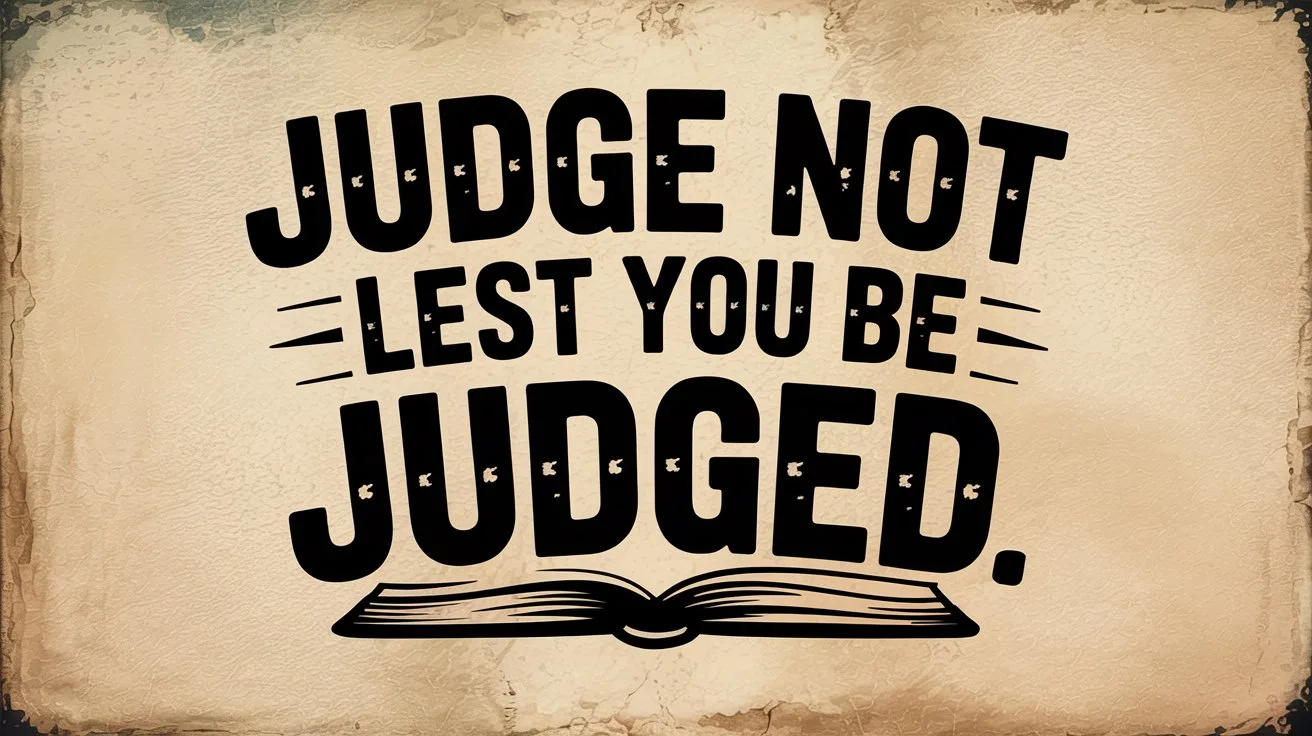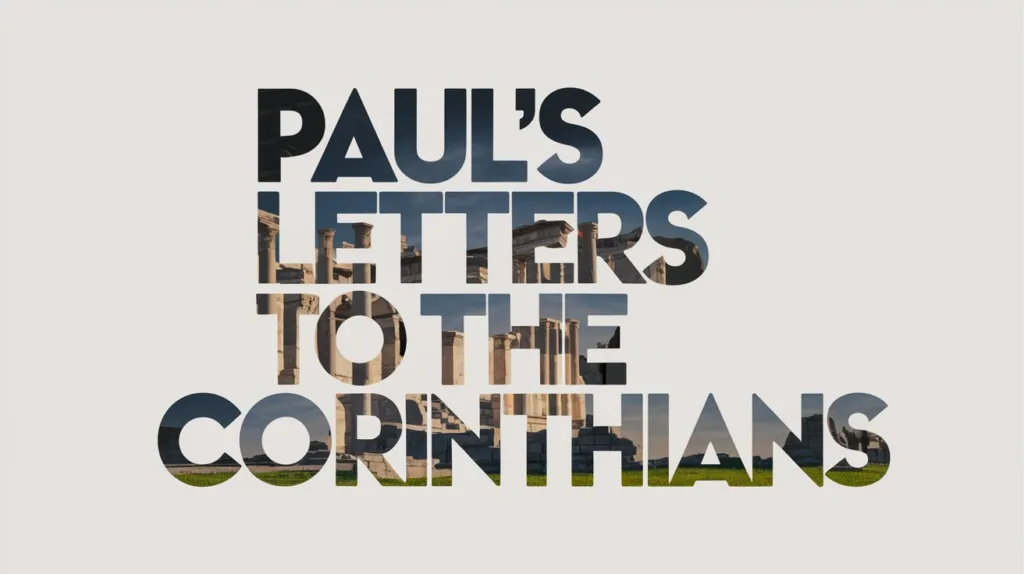In Matthew 5–7 and Luke 6, we find Jesus teaching the crowds in what we call the Sermon on the Mount and the Sermon on the Plain. Though the locations differ, the core teachings are the same. These messages are about the Kingdom of God: how its citizens are to live, speak, and treat one another.
In Matthew 7:1–5, Jesus says:
“Judge not, that you be not judged. For with what judgment you judge, you will be judged; and with the measure you use, it will be measured back to you. And why do you look at the speck in your brother’s eye, but do not consider the plank in your own eye? Or how can you say to your brother, ‘Let me remove the speck from your eye’; and look, a plank is in your own eye? Hypocrite! First remove the plank from your own eye, and then you will see clearly to remove the speck from your brother’s eye.”
Luke 6:37–42 echoes this:
“Judge not, and you shall not be judged. Condemn not, and you shall not be condemned. Forgive, and you will be forgiven… And why do you look at the speck in your brother’s eye, but do not perceive the plank in your own eye?… Hypocrite! First remove the plank from your own eye, and then you will see clearly to remove the speck that is in your brother’s eye.”
Notice something critical: Jesus never says, “Do not correct your brother.” He says, don’t do it while you yourself are walking in sin. It’s not judgment that is condemned, it’s hypocritical judgment.
The Greek Word for “Judge”
The Greek word used here is κρίνω (krinō), which can mean to judge, to separate, to distinguish, or to pronounce judgment. It does not inherently mean to abstain from all moral discernment. It speaks of making decisions or distinctions. The context shows Jesus is talking about a condemning, self-righteous kind of judgment, not righteous correction or discernment.
Jesus Commands Us to Judge Righteously
In John 7:24, Jesus says,
“Do not judge according to appearance, but judge with righteous judgment.”
That’s a command, not a suggestion. And Paul echoes this in 1 Corinthians 5:12, when he says:
“For what have I to do with judging those also who are outside? Do you not judge those who are inside?”
He’s referring to church discipline. We are commanded to judge within the church (to hold one another accountable in love and truth). Even in Galatians 6:1, Paul says:
“Brethren, if a man is overtaken in any trespass, you who are spiritual restore such a one in a spirit of gentleness, considering yourself lest you also be tempted.”
That restoration involves judgment (a recognition of sin), but it must be done in gentleness and humility.
Hypocrisy Is the Real Issue
Jesus’ main rebuke is against hypocrisy: pretending to be holy while walking in unrepentant sin. This is exactly what the Pharisees did, and Jesus never once hesitated to rebuke them publicly. In Romans 2:1, Paul drives the same point home:
“Therefore you are inexcusable, O man, whoever you are who judge, for in whatever you judge another you condemn yourself; for you who judge practice the same things.”
That’s not a blanket ban on judgment; it’s a warning to check your own heart first.
We Are Called to Be Discerning
Discernment is not optional in the Christian life. In 1 John 4:1, the Word says:
“Beloved, do not believe every spirit, but test the spirits, whether they are of God; because many false prophets have gone out into the world.”
We’re told to “test all things” in 1 Thessalonians 5:21–22 and to cling to what is good and abstain from every form of evil. That requires judgment: righteous judgment.
Even in the same sermon, in Matthew 7:15–20, Jesus warns us to beware of false prophets, saying, “You will know them by their fruits.” That knowing (the recognizing of falsehood and bad fruit) requires judgment.
My Final Thoughts
Jesus never said, “Do not judge.” He said don’t judge hypocritically, harshly, or self-righteously. He told us to judge with mercy, humility, and the awareness that we too are sinners saved by grace. Before we speak correction, we must first examine our own hearts and walk in repentance. But we must speak, because silence in the face of sin is not love; it is neglect.
God’s people are called to be holy, discerning, and courageous. Righteous judgment is part of walking in the light.





 Get the book that teaches you how to evangelize and disarm doctrines from every single major cult group today.
Get the book that teaches you how to evangelize and disarm doctrines from every single major cult group today.